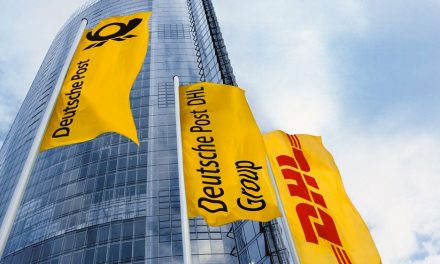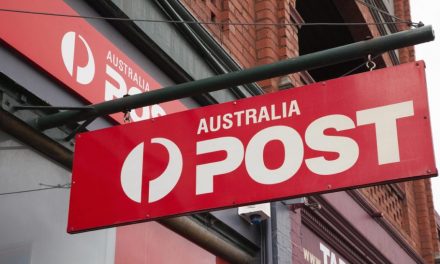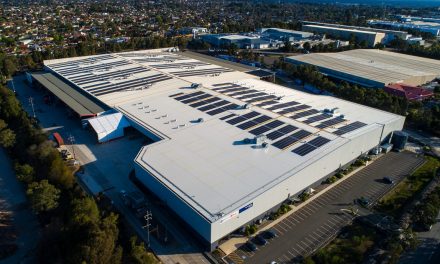
Corcoran steers TNT Australia into express lane
TNT Australia has embarked on a restructuring under new chief executive Roger Corcoran to return the Dutch-owned express freight company to profitability, focus on its core business, and win back market share from rivals such as Toll Holdings and Mayne Group.
Last year was an annus horribilis for the one-time headquarters of the late Sir Peter Abeles' global transport empire, which plunged to a 28million euros ($46.6million) loss, then to be thrown into chaos by the collapse of Ansett, which Mr Abeles once jointly owned with Rupert Murdoch's News Ltd.
After eight months in the chief executive's seat, Mr Corcoran is positioning the company as Australia's premium express carrier.
"I've got a clear instruction from the TPG [TNT Post Group] board to bring TNT Australia back into profit, and we will do that by the end of this year," Mr Corcoran said.
He has taken a number of initiatives to rebuild profitability, including stripping out $70million in annualised costs, a 10 per cent cut in staff to about 5,000, and simplifying its tariff structure for customers. In a symbolic gesture, he will put the company's 27-year headquarters, TNT Towers in the inner-Sydney suburb of Redfern, up for auction and move the 220 head-office staff to Mascot.
Mr Corcoran will also invest $30million to upgrade its information systems and its fleet.
After the delisting, break-up and takeover by Dutch communications company KPN, TNT Australia lost strategic focus.
"We have a very simple strategy, which is to be the fastest and most reliable express carrier in Australia," Mr Corcoran said. "Our strategy's been there for a number of years, it just wasn't being rolled out in Australia the way it should have been."
He said TNT was the market leader in its priority air-freight market, and second behind Toll in road.
Next year he is targeting a 2 to 3 per cent return on sales, and by 2004 a 5 to 6 per cent return, on the way to meeting the returns required of TPG, which last year lifted net income globally by 23.7 per cent to EURO 585million. Mr Corcoran said those results were "very achievable".
"It will be a tremendous result from where we were in the year 2001. Our objective as a group is 10 per cent return on sales in the TNT Express business worldwide.
"The overall TNT Express group is achieving about 6 per cent."
TNT Australia also recently lifted its prices by an average 4 per cent to recoup higher costs.
"We've had a significant increase in costs over the past 12 months," Mr Corcoran said, citing labour awards and fuel price rises.
The collapse of Ansett has forced TNT to write-off the goodwill of the Ansett door-to-door airfreight business, acquired three years ago for an undisclosed, but small sum.
It has since formed new relationships with Qantas Airways and Virgin Blue.
The British-born Mr Corcoran, who started at TNT Australia, returned to replace James Wilson as head of the company after 22 years overseas running many of its international operations, which are now owned by TPG.
Of the sale of head office, where Sir Peter used to have a bedroom beside his office for late nights, he said: "It's a legacy of the past."
"This was when TNT was headquartered out of Australia as a worldwide transport organisation. It doesn't suit us now, the headquarters are in Amsterdam now. What we are is a large domestic transport organisation. We need to adjust accordingly."
He said that by the fourth quarter this year, TNT Australia would be breaking even or making a small, weekly profit.
Mr Corcoran has established a list of key processes to keep management and staff focused, and has restructured the company around those processes.
"The range of services we have, I think we need to redefine those in the marketplace and make sure that people understand what we are today compared to what TNT Australia was a number of years ago."
Of the past few years, he says; "We were very internally focused, we were making change for what the TNT management in Australia wanted to and really not making change for what the customer was going to receive at the end of it".












